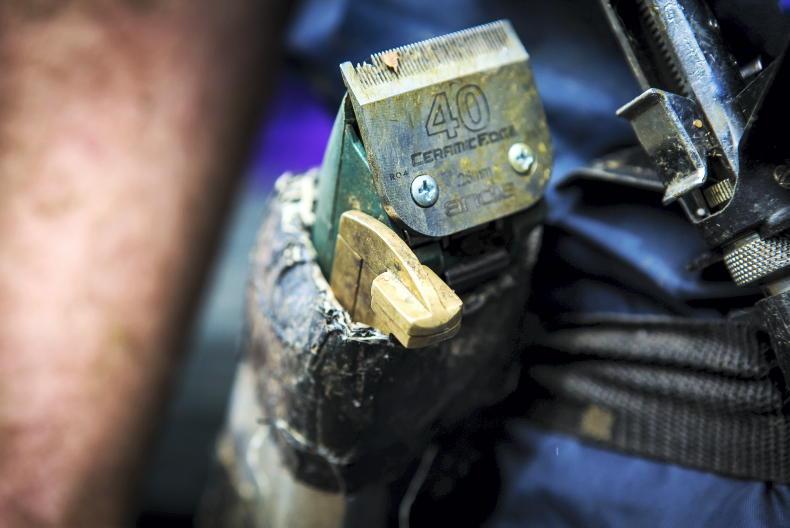Probably like many in the farming industry we have looked on with a mix of horror and concern as the case involving former DAERA vet Dr Tamara Bronckaers plays out in local media.
On the one hand, the reputations of long-serving senior vets at the top of DAERA have been trashed, while taxpayers have been left to foot the bill of a case that includes a payout of £1.25m to Dr Bronckaers. When set against what most people earn in their working lives, it is an incredible amount of money.
The current narrative is that Dr Bronckaers uncovered serious failings in both our traceability system and in animal welfare in local marts. It is a narrative being pushed by various media outlets looking to fill a news vacuum in a pre-election period.
Stretched
Given at the time, an incredibly stretched DAERA veterinary service was dealing with Brexit, avian flu, bovine TB etc, what Dr Bronckaers uncovered appears relatively minor, and surely could have been dealt with in a better way.
We might know that holding sheep overnight in a mart will probably cause them minimal stress, but it would seem incredible that any mart owner, if approached in a reasonable manner, would be resistant to ensuring these animals have access to hay and water. Marts that don’t want to co-operate deserve to be exposed. This case highlights that animal welfare has to be a top priority on farm, in abattoirs and marts.
And on the so-called “deleted moves” policy, what was in place amounted to a perfectly reasonable solution that allows marts to operate. If DAERA officials were convinced at the time of wrongdoing, why not follow up with unannounced cattle identification inspections to the suspect farms involved? Instead, our whole traceability system has been questioned on the back of what can best be described as circumstantial evidence.
Hard-working farmers deserve so much better from DAERA veterinary service.
Read more
Ex DAERA vet wins unfair dismissal case
Common sense gone from TB testing
Probably like many in the farming industry we have looked on with a mix of horror and concern as the case involving former DAERA vet Dr Tamara Bronckaers plays out in local media.
On the one hand, the reputations of long-serving senior vets at the top of DAERA have been trashed, while taxpayers have been left to foot the bill of a case that includes a payout of £1.25m to Dr Bronckaers. When set against what most people earn in their working lives, it is an incredible amount of money.
The current narrative is that Dr Bronckaers uncovered serious failings in both our traceability system and in animal welfare in local marts. It is a narrative being pushed by various media outlets looking to fill a news vacuum in a pre-election period.
Stretched
Given at the time, an incredibly stretched DAERA veterinary service was dealing with Brexit, avian flu, bovine TB etc, what Dr Bronckaers uncovered appears relatively minor, and surely could have been dealt with in a better way.
We might know that holding sheep overnight in a mart will probably cause them minimal stress, but it would seem incredible that any mart owner, if approached in a reasonable manner, would be resistant to ensuring these animals have access to hay and water. Marts that don’t want to co-operate deserve to be exposed. This case highlights that animal welfare has to be a top priority on farm, in abattoirs and marts.
And on the so-called “deleted moves” policy, what was in place amounted to a perfectly reasonable solution that allows marts to operate. If DAERA officials were convinced at the time of wrongdoing, why not follow up with unannounced cattle identification inspections to the suspect farms involved? Instead, our whole traceability system has been questioned on the back of what can best be described as circumstantial evidence.
Hard-working farmers deserve so much better from DAERA veterinary service.
Read more
Ex DAERA vet wins unfair dismissal case
Common sense gone from TB testing










SHARING OPTIONS